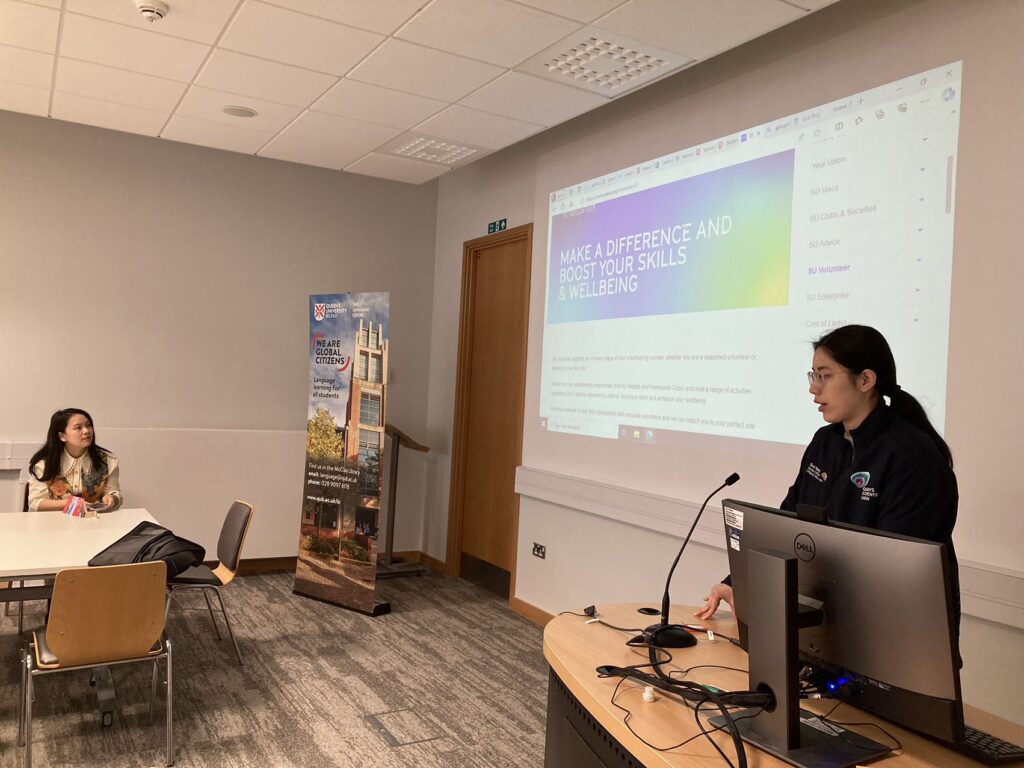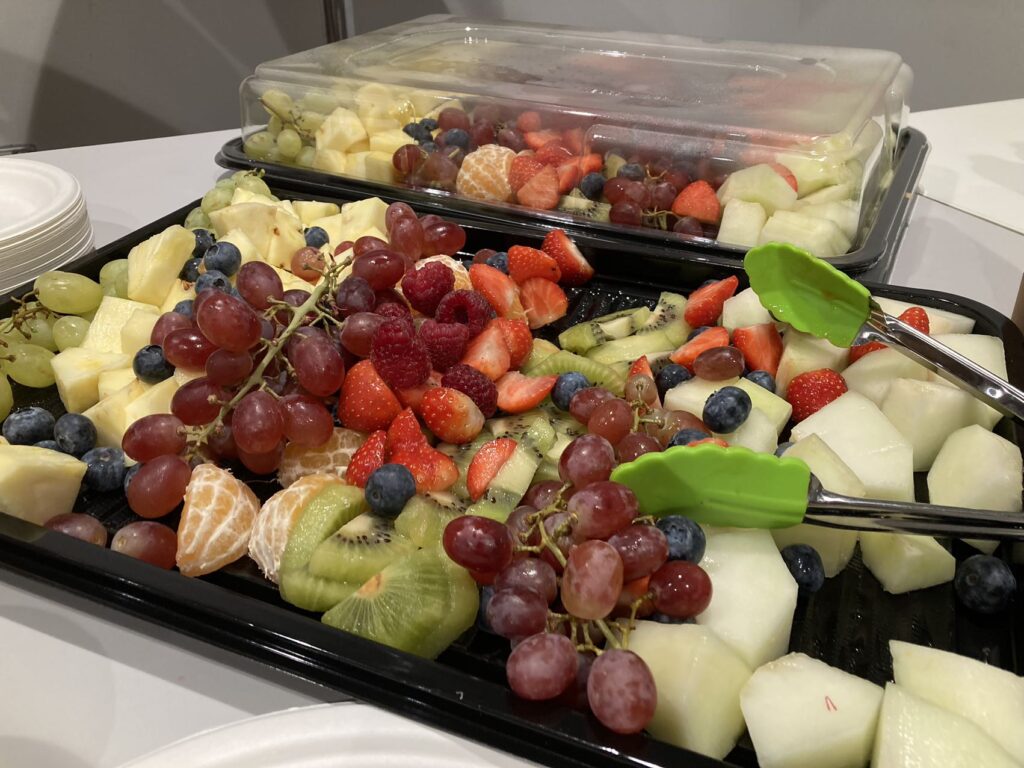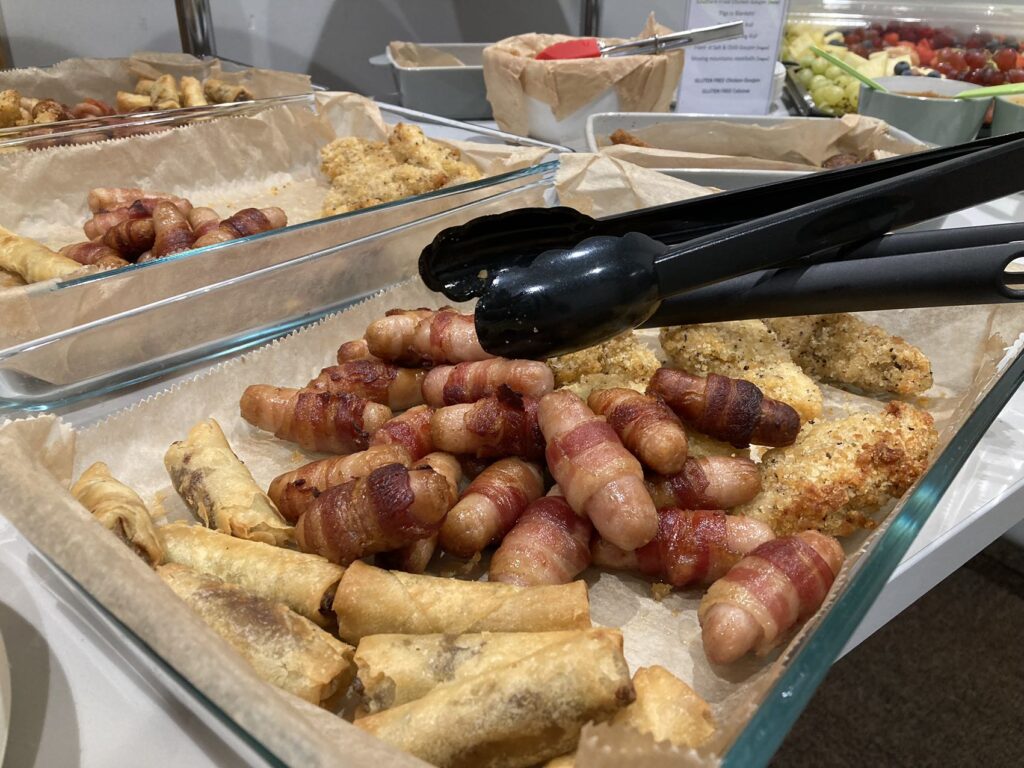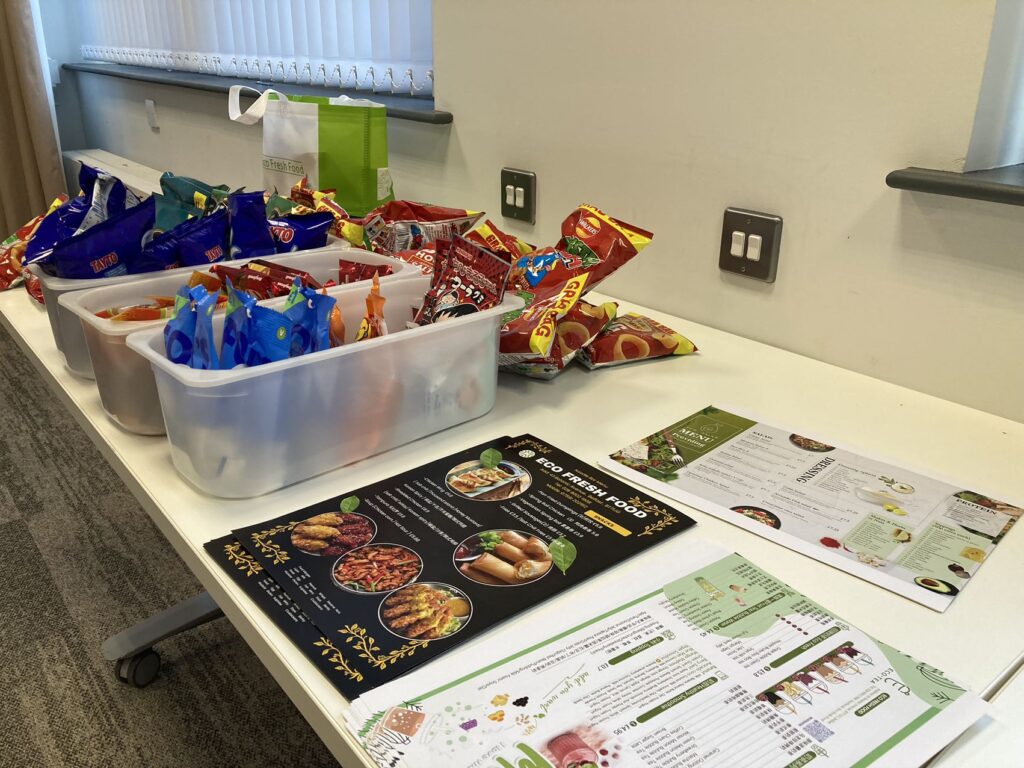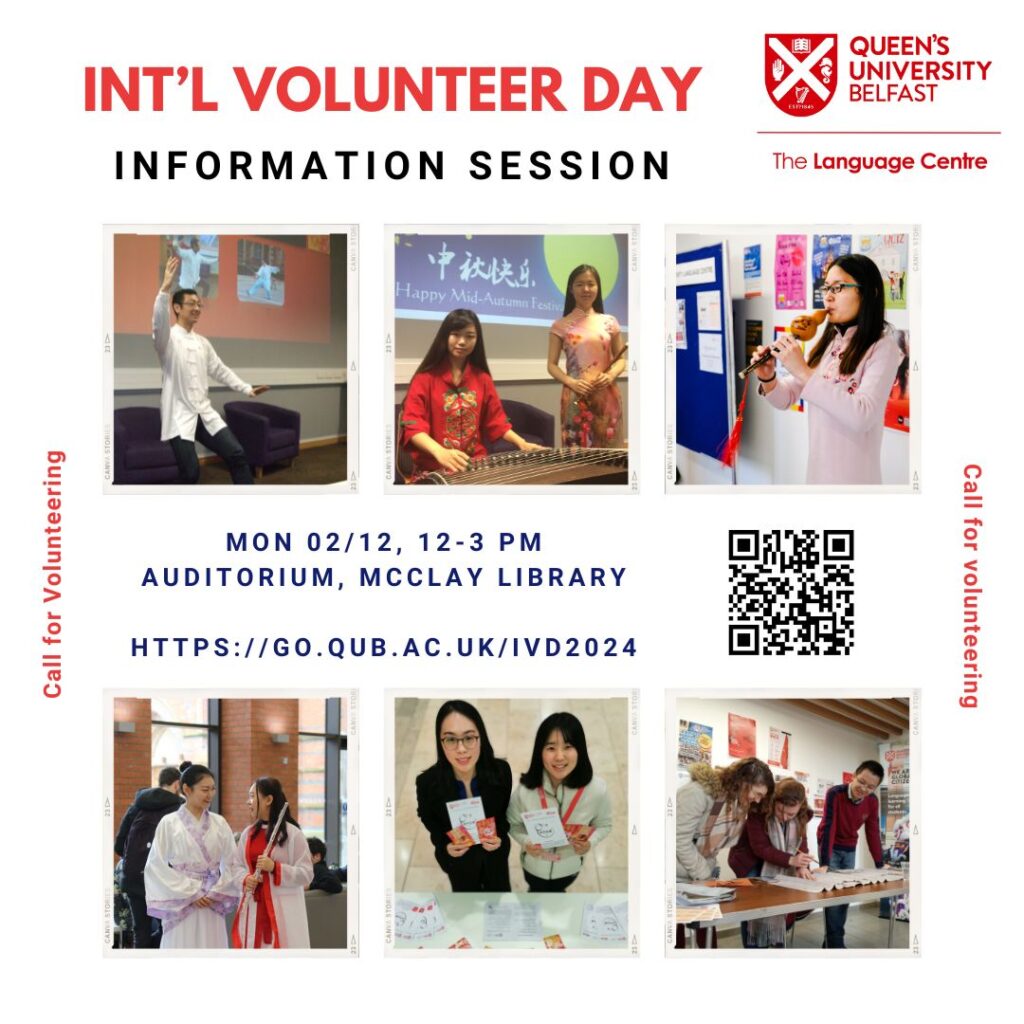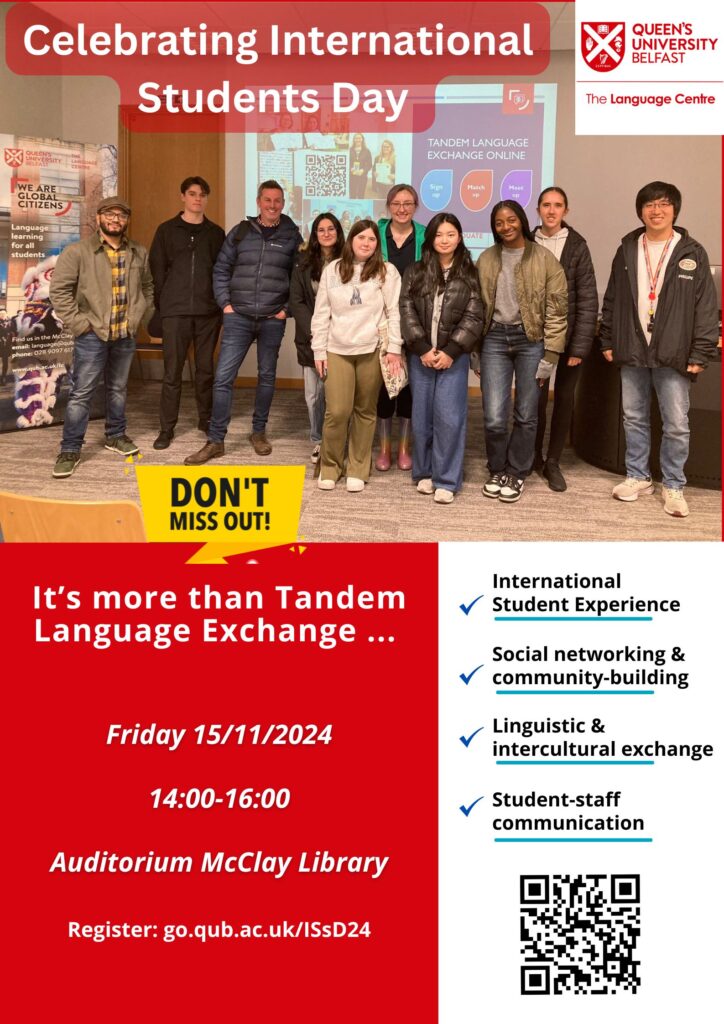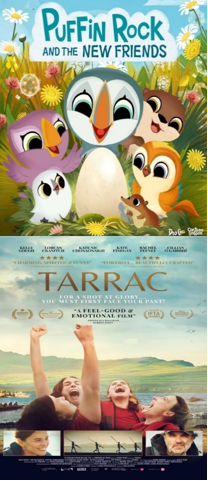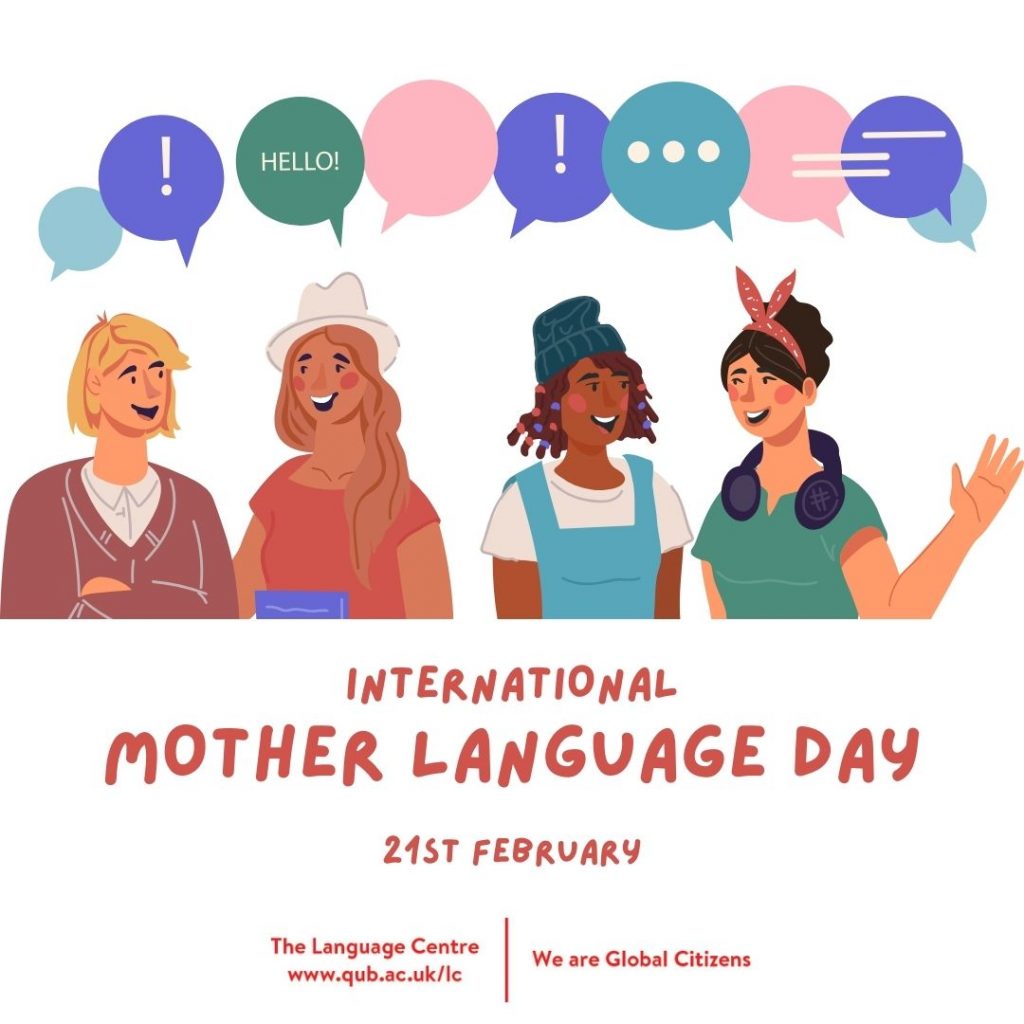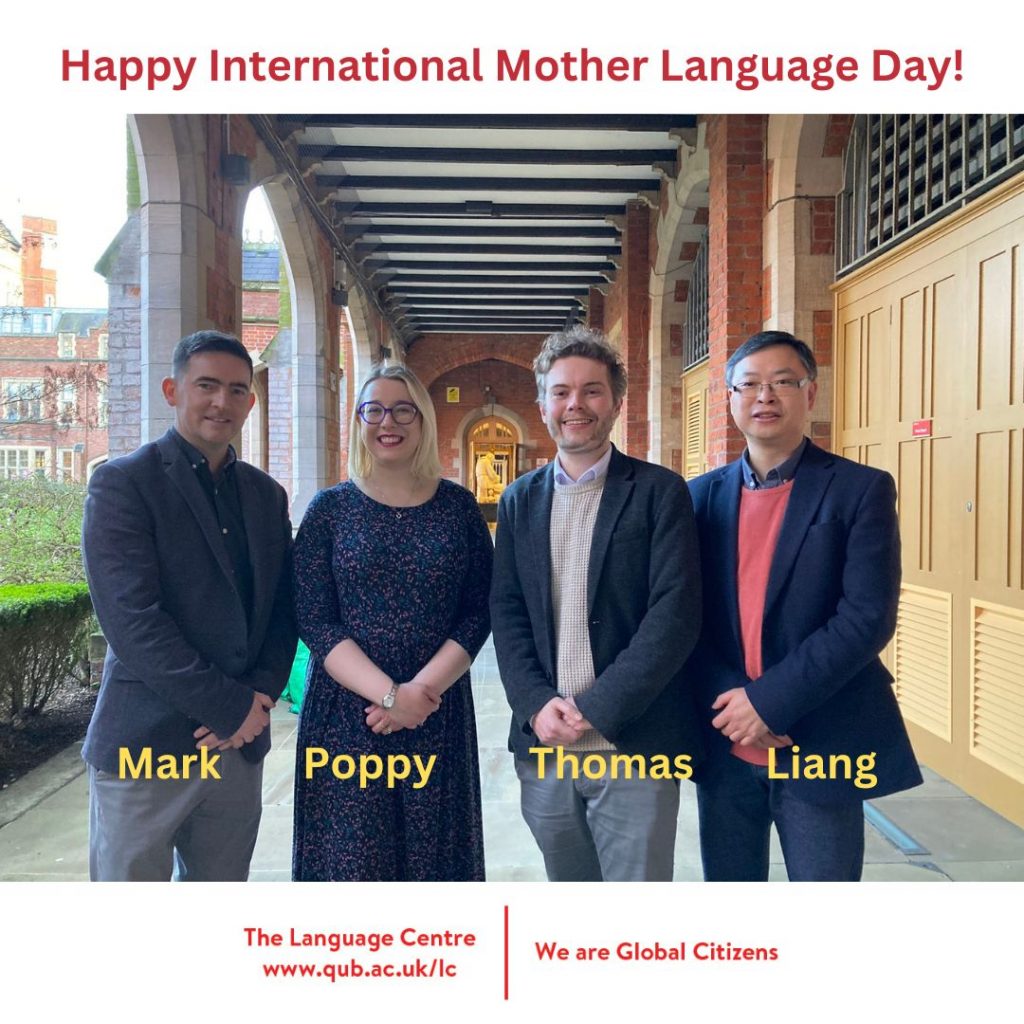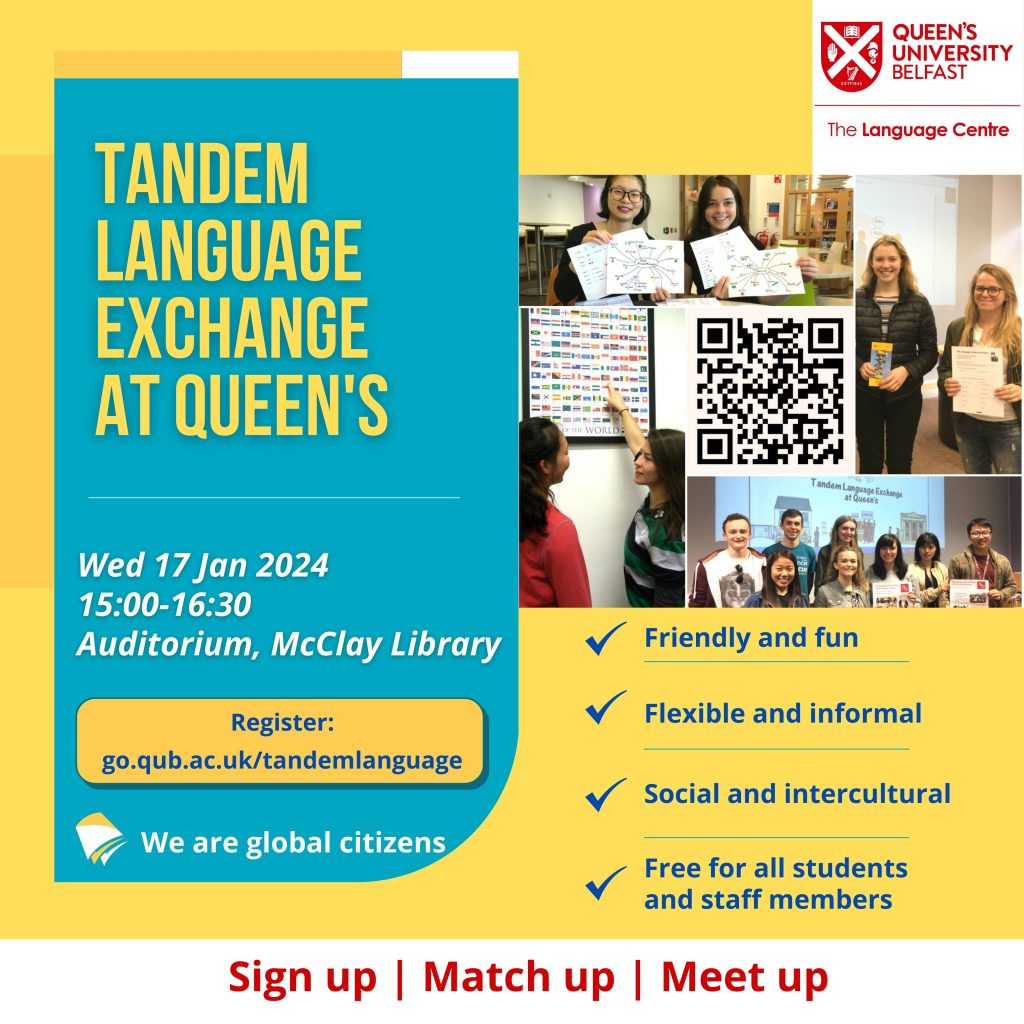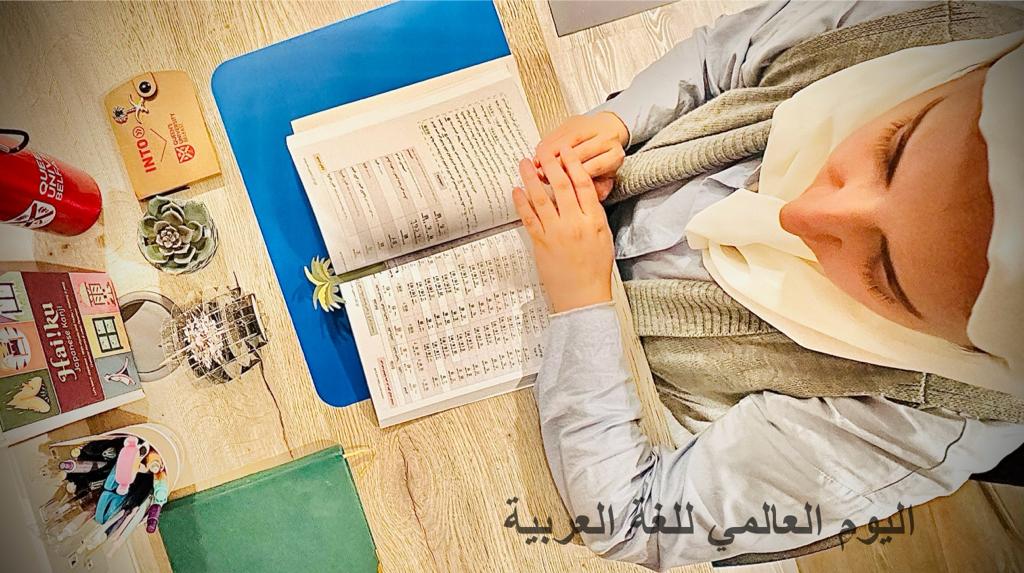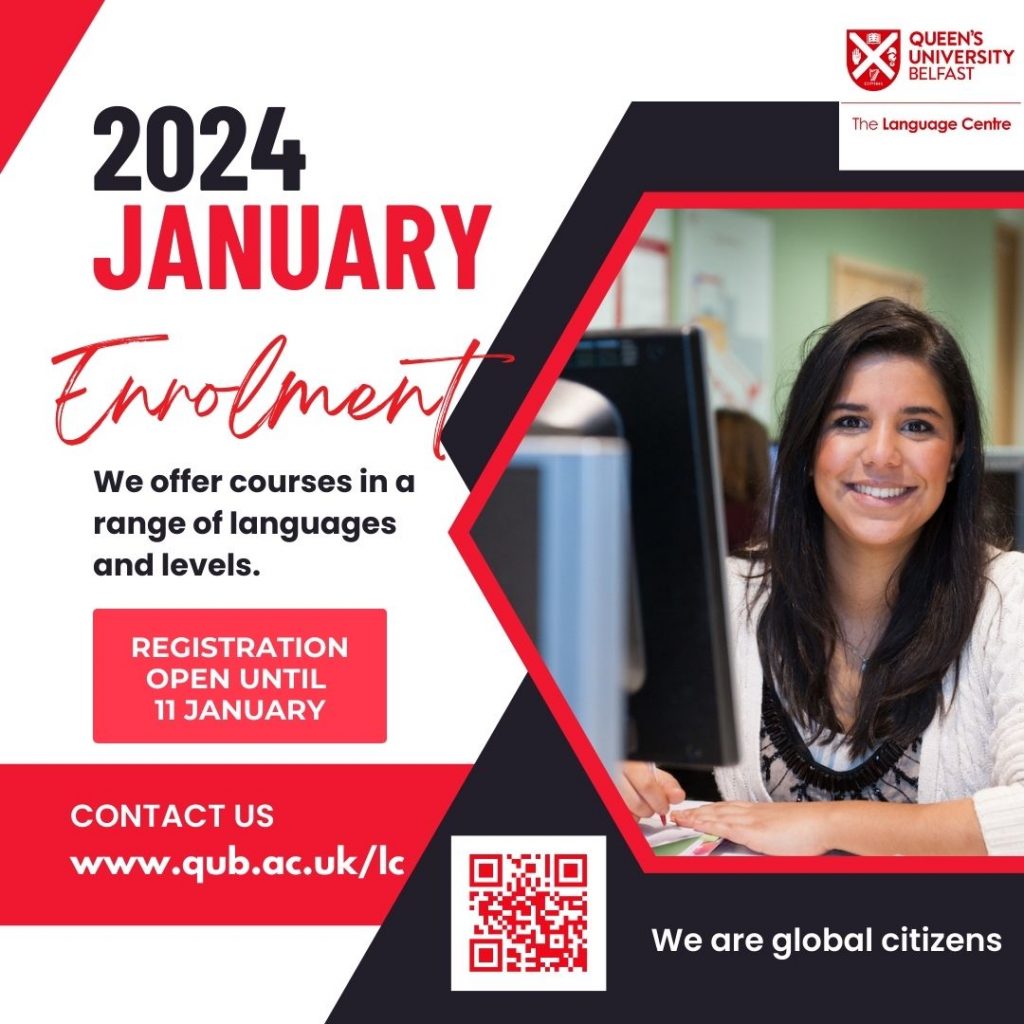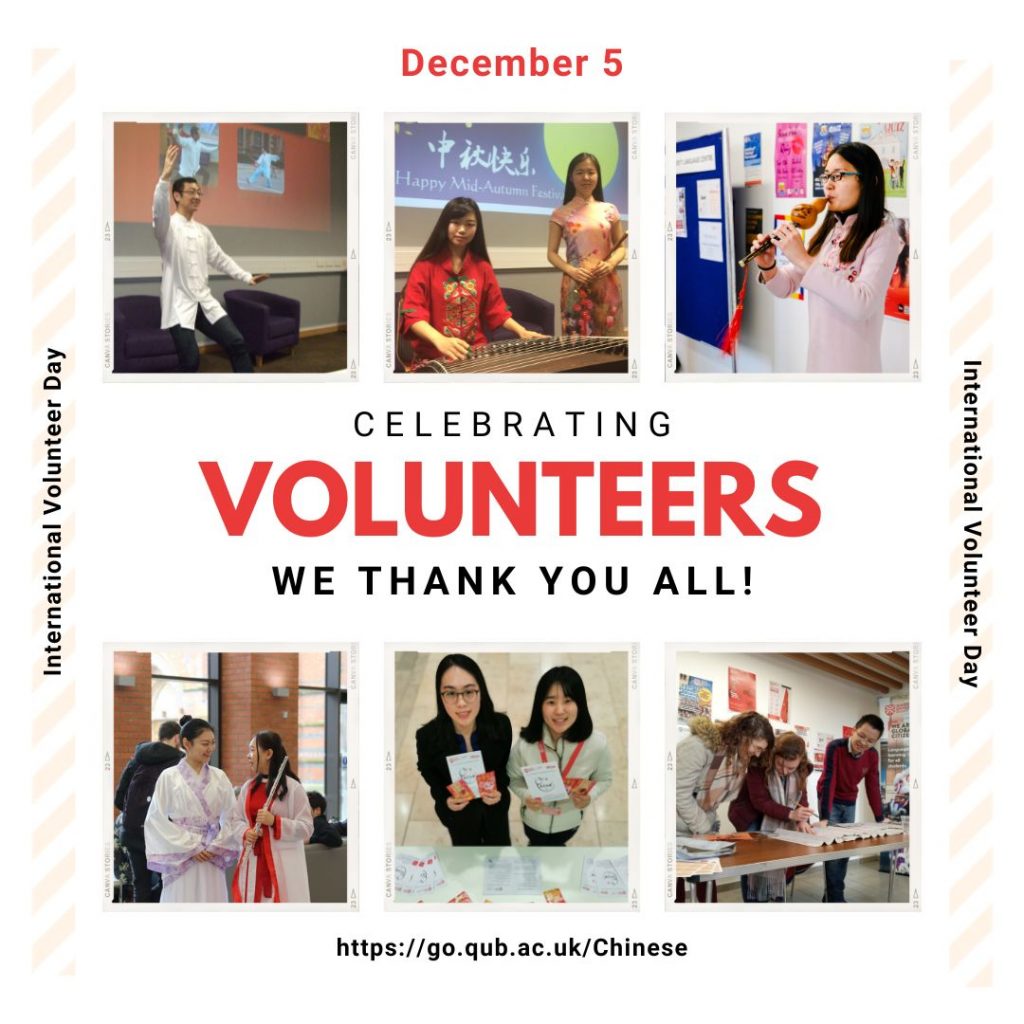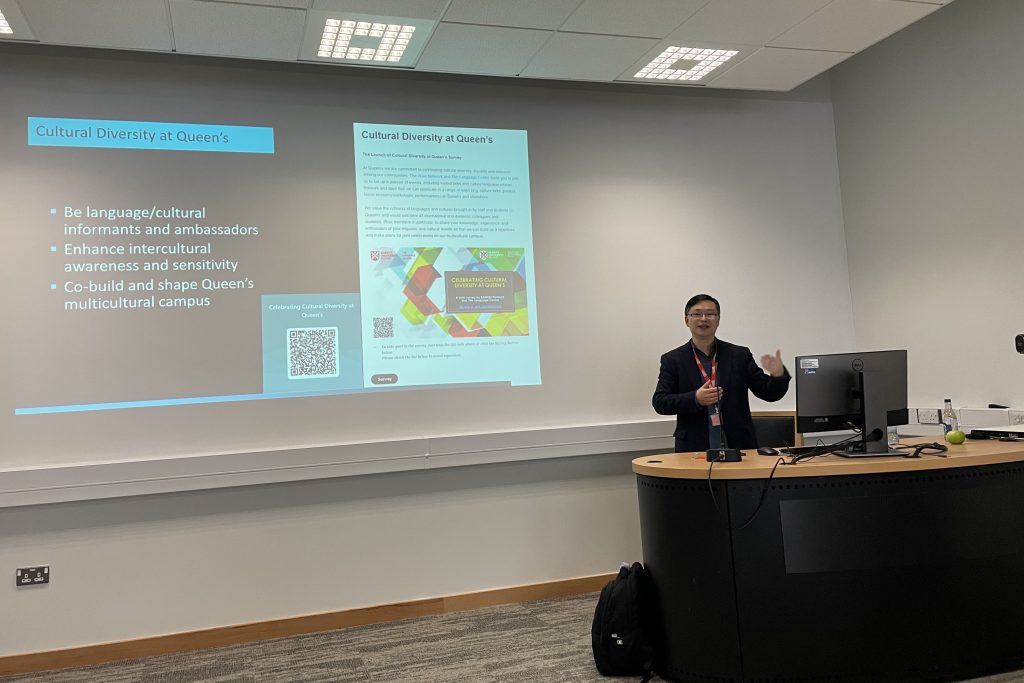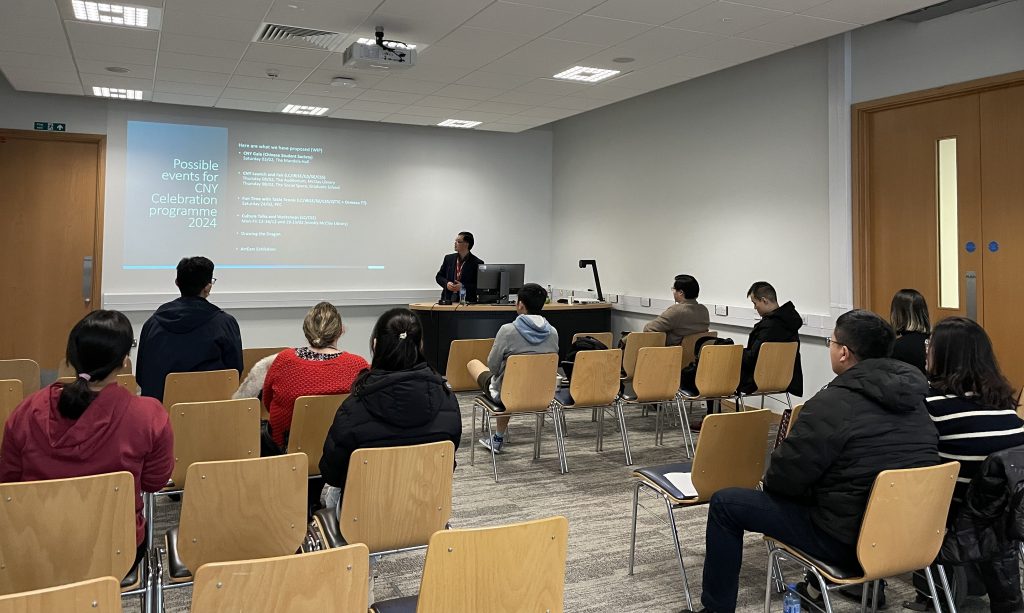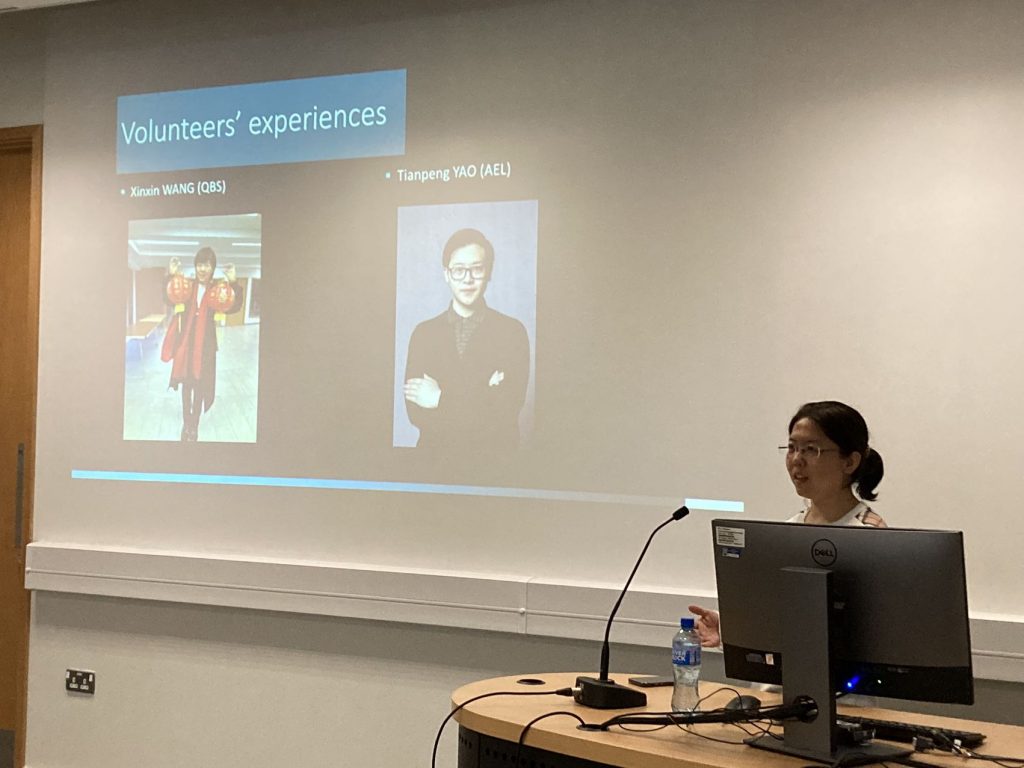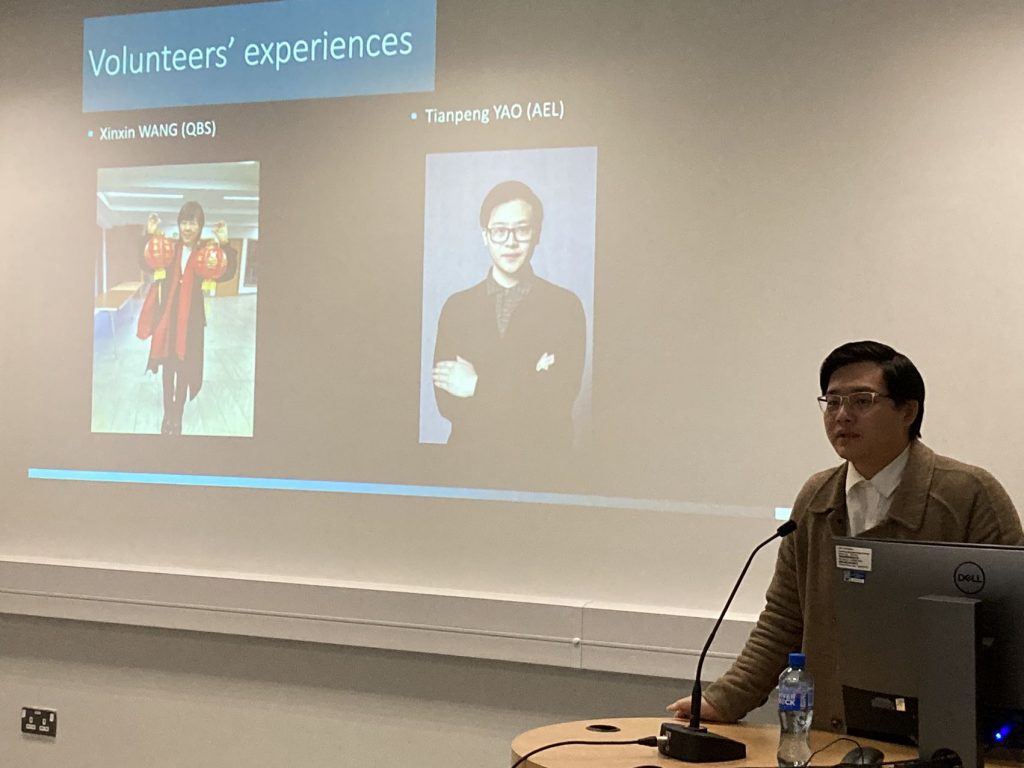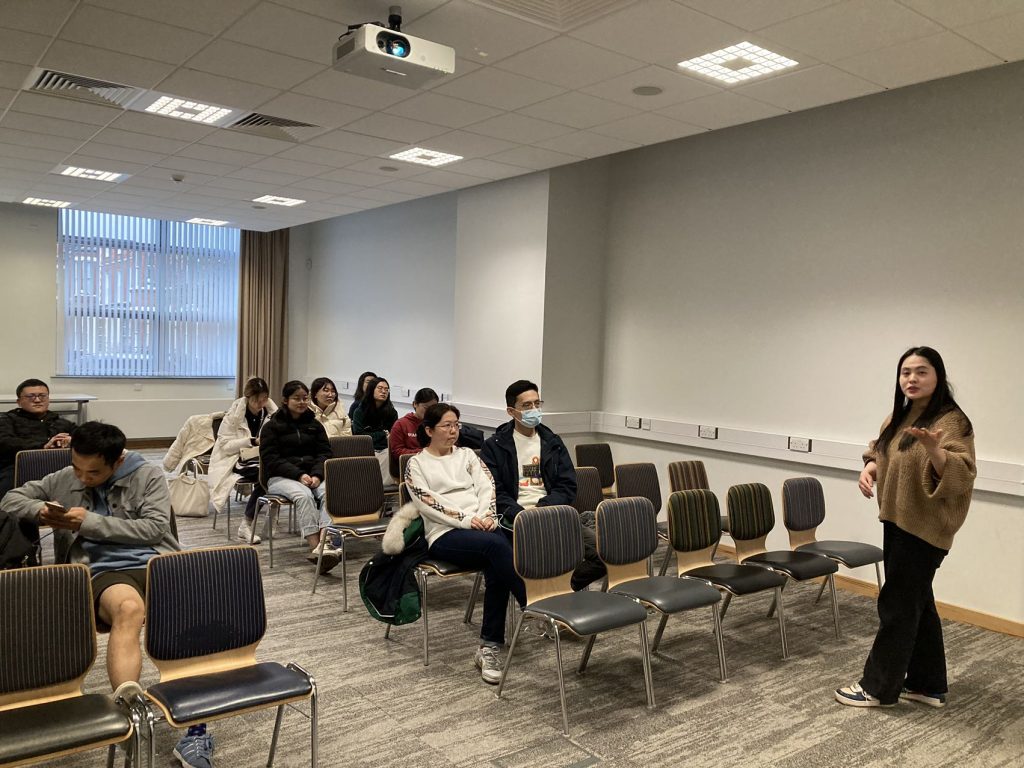On Monday, 2nd December, Queen’s students (including graduates and visiting students), alumni, and staff came together to celebrate International Volunteer Day with an engaging information session aimed at encouraging greater participation in the Cultural Diversity at Queen’s scheme.

The event opened with a welcome address by Suyi Yang, the Student Union (SU) Officer for Equality and Diversity, who introduced the SU’s volunteering programs and hosted a lively Q&A session to address participants’ questions.
Ms. Dan Zhou, a Queen’s alumna and Marketing graduate, shared her inspiring journey as an international student taking on voluntary work during her studies. She highlighted the diverse events and activities she supported and reflected on the invaluable soft skills she developed through her volunteer work, particularly in intercultural settings. Dan’s volunteering experience played a pivotal role in her entrepreneurial success, helping her establish her local Belfast-based business, Eco Fresh Food.

Dr. Liang Wang followed with an overview of the Cultural Diversity at Queen’s scheme. He encouraged students and staff to contribute to upcoming initiatives designed to promote diversity, equality, and inclusion within the Queen’s community. To illustrate, Dr. Wang shared examples from previous Chinese New Year celebrations, offering participants inspiration for their involvement in the upcoming Year of the Snake celebrations.
The informal networking session provided a platform for attendees to exchange ideas, brainstorm, and even outline a few provisional proposals for future cultural events.

Participants enjoyed hot finger foods provided by The Language Centre and refreshments generously sponsored by Ms. Dan Zhou.
The event was a lively celebration of the Queen’s community’s collaborative spirit, fostering connections and generating enthusiasm for making cultural diversity a central part of campus life.


